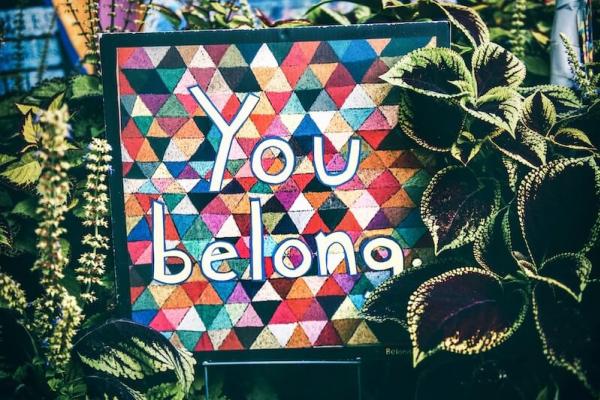May 11, 2023
Adoption allows us to bring near to us those who hold in themselves the kingdom of God (Luke 18:16). By invoking the language of “sacramental” here, I am naming the ongoing dialectic between the ordinary and the theological. As a sacramental practice, earthly adoption does not hold the same consequences or eternal import as our salvific adoption in Christ. However, these two realities can speak into one another. This is what a life marked by the sacramental looks like: finding spaces where the ordinary, mundane things of life are instilled with a greater sacred significance of liberation and love; and, in return, point us to divine realities that we are invited to participate in.
Read the Full Article

Already a subscriber? Login
